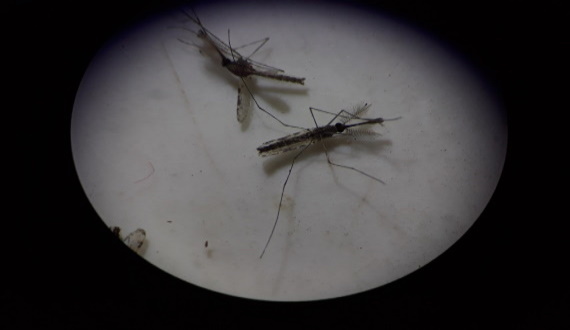A Feltp alumnus Solomon Karoki (MSc laboratory management and epidemiology) has been granted funds to evaluate an insecticide to aid in management of insecticide resistance in Kenya in the fight against malaria. The funds amounting to USD 80,000 will be used to evaluate the efficacy of sumi-shield® 50 WG in areas of mosquito resistance to pyrethroids to give Kenya a wider choice of insecticides for use in IRS. The product is manufactured by Sumitomo industries from Japan who are part of the research.

WHO figures show that nearly half the world’s population is at risk of malaria and, despite a drop in both incidence and mortality rates in recent years, there are over 200 million new cases every year. Increased prevention and control measures have led to significant gains, but these are under threat due to insecticide resistance, which affects 75% of countries with ongoing transmission of the disease. Rotating insecticides is one of the key strategies for avoiding resistance, however nearly 87% of affected countries are failing to do this, largely due to a lack of alternative chemistries to choose (WHO 2017).
Since the advent of insecticides resistance in mosquitoes in Kenya, the country has had only one registered third generation product for use. Sumi-shield® 50WG is a third generation IRS product with clothianidin 500g/kg as its active molecule. If suitable efficacy is realized in this study Kenya will have a product for use in IRS as per its IRM (insecticide) resistance management strategy. This grant is administered through field epidemiology society of Kenya (FESK).
In the study resistance status, mosquito diversity and behavior, the residual activity of sumi-shield ® 50WG will be assessed. The outcome of the study will help the National Malaria Program (Kenya) in shaping up advances towards malaria control interventions.